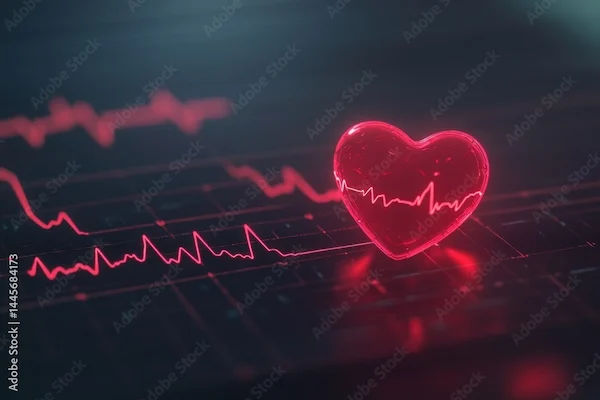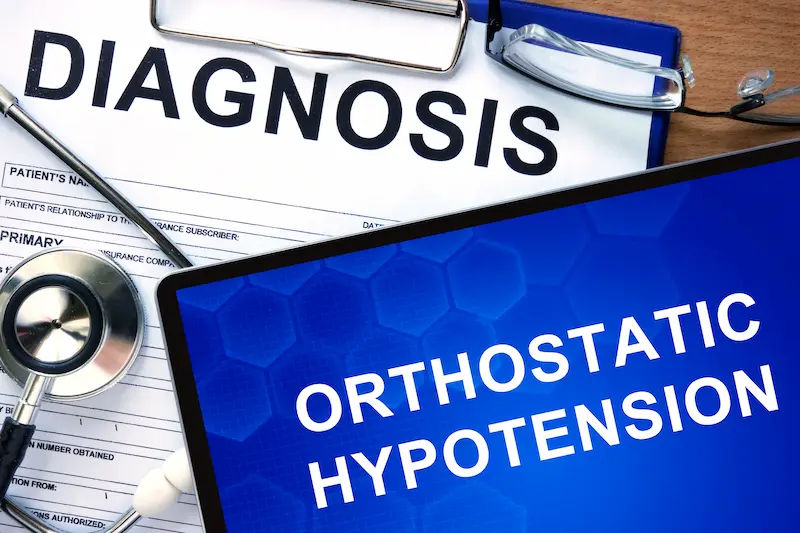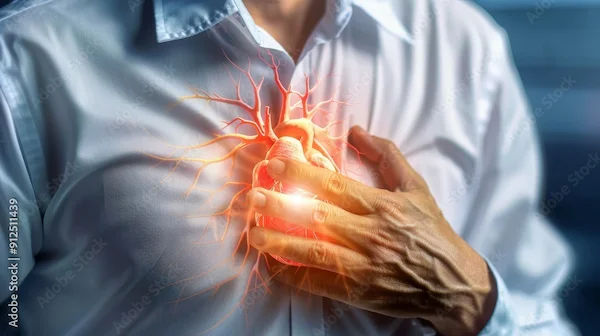- male
- 38 Years
- 22/01/2025
Hey, I'm currently taking Tazloc 40mg because my blood pressure is around 100152. I'm 38 years old, weigh 100 kg, and I'm 5'10". I'm wondering if I'll need to stay on this medication for the rest of my life. Could you give me some advice?
Answered by 1 Apollo Doctors
It is important to continue taking it as prescribed by your doctor to effectively manage your blood pressure. Lifestyle modifications such as maintaining a healthy weight, regular exercise, and a balanced diet can also help in managing high blood pressure. Regular monitoring and follow-up with your healthcare provider are essential to determine the long-term need for medication.
Dr. Shubham Suggests...
Consult a Cardiologist
Answered 04/07/2025
0
0

More Cardiology Health Queries
View allHey, I'm really puzzled by my dad's ECG test results, and I'm hoping you can shed some light on it for me. He's 66 and the report mentions something about a "sinus rhythm" and "suspect inferior myocardial infarction." There's also a note on "right axis deviation." Should I be concerned about these findings? What do these terms mean for his heart health? I'd appreciate your help in understanding what all this technical stuff means.
Probable differential diagnosis include right axis deviation and myocardial infarction.. Ecg and cardiac markers advised and cardiac opinion..
Answered by 1 Apollo Doctors
I'm wondering if it's normal to have tachycardia because both my ECG and echo tests came back normal, but I still experience it. My heart feels like it's beating really loudly, and when I check my pulse with an oximeter, it can shoot up to around 120, then it settles back to normal after a while. It's pretty scary when my heart rate spikes like that. Are there any more tests I should consider to figure out what's going on?
Tachycardia, or a fast heart rate, can be concerning even if your ECG and echo are normal. Since you are experiencing symptoms such as a loud heartbeat and fluctuations in your pulse rate, it is important to further investigate the underlying cause. To address your tachycardia and associated symptoms, you may consider undergoing additional tests such as a Holter monitor to continuously record your heart's activity over 24-48 hours, a stress test to evaluate your heart's function during physical activity, and blood tests to check for any underlying medical conditions. In the meantime, to help manage your tachycardia symptoms, you can consider taking medications such as Metoprolol (25-50mg) to help regulate your heart rate and reduce the sensation of palpitations. It is important to follow up with your healthcare provider for further evaluation and management.
Answered by 1 Apollo Doctors
Can high blood pressure cause shortness of breath?
High blood pressure forces your heart to work harder to pump blood to the rest of your body. This causes part of your heart (left ventricle) to thicken and may lead to heart failure which presents as shortness of breath, chest pain, persistent cough, swelling in legs and weakness.
Answered by 1 Apollo Doctors
Disclaimer: Answers on Apollo 247 are not intended to replace your doctor advice. Always seek help of a professional doctor in case of an medical emergency or ailment.





